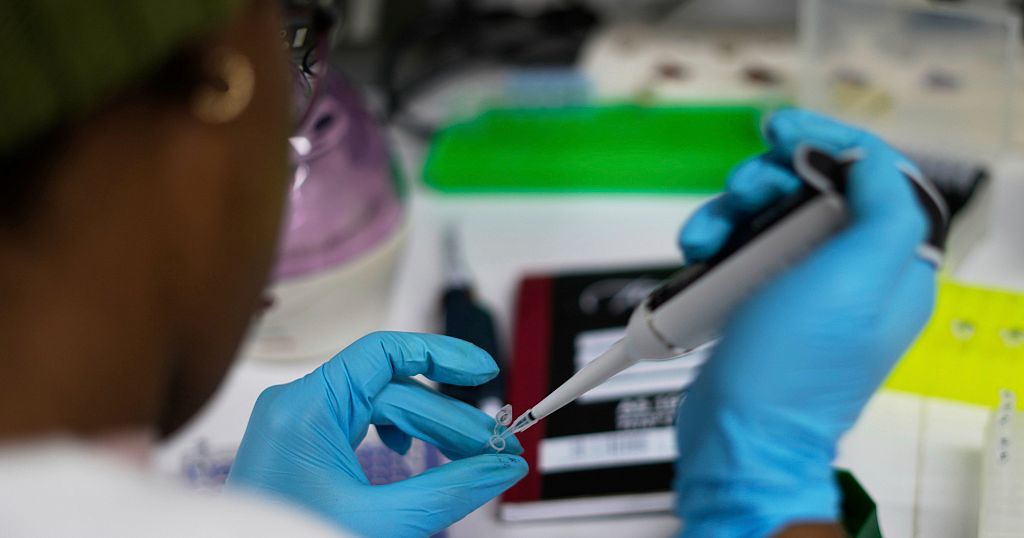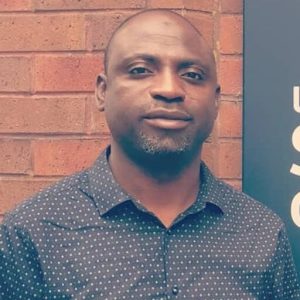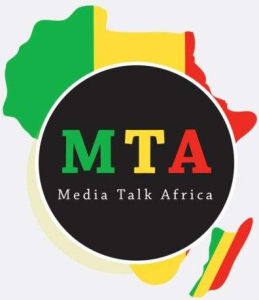A promising HIV vaccine initiative led by scientists at South Africa’s University of the Witwatersrand faces uncertainty after the sudden withdrawal of U.S. funding, threatening to derail years of groundbreaking research and undermine progress against the virus. The Trump administration’s decision to pull financial support came just days before the start of clinical trials for a project viewed as pivotal in combating an epidemic that has disproportionately affected sub-Saharan Africa.
The BRILLIANT project, designed to leverage South Africa’s genetic diversity and scientific expertise, aimed to uncover breakthroughs with global applications for HIV prevention. Professor Abdullah Ely, a gene therapy researcher involved in the initiative, emphasized the fragility of the region’s scientific ecosystem. “Our research community is still small, and consistent funding is scarce,” he said. “When support evaporates, it doesn’t just stall projects—it affects lives and the broader fight against this disease.”
The immediate fallout has been severe: South Africa’s government confirmed the layoffs of 8,000 health workers linked to HIV programs, a blow to a country with over 7.5 million people living with the virus. Many of these professionals provided testing, education, and access to antiretroviral therapy, which has slashed AIDS-related deaths by 60% in the past decade.
For individuals like lab technician Nozipho Mlotshwa, the funding cuts carry deeply personal stakes. “My job and studies depend on grants,” she explained. “Without that income, I can’t support my family or continue my education. This isn’t just about science—it’s about our futures.” Her experience reflects a broader vulnerability in a nation where unemployment exceeds 30%, and research roles often serve as lifelines.
Officials warn that replacing U.S. support will prove challenging, risking a reversal of decades of progress. Reduced access to prevention and treatment could fuel a resurgence of HIV infections, which have already plateaued at around 200,000 new cases annually in South Africa. The funding gap also hampers efforts to address disparities, as the BRILLIANT trial sought to include populations historically underrepresented in medical research.
Global health advocates stress the stakes extend beyond borders. South Africa’s HIV research has long informed worldwide strategies, and setbacks here could delay innovations critical to ending the epidemic. As governments and institutions weigh next steps, researchers voice cautious hope for alternative partnerships—but time is short, and the virus shows no such hesitation.





